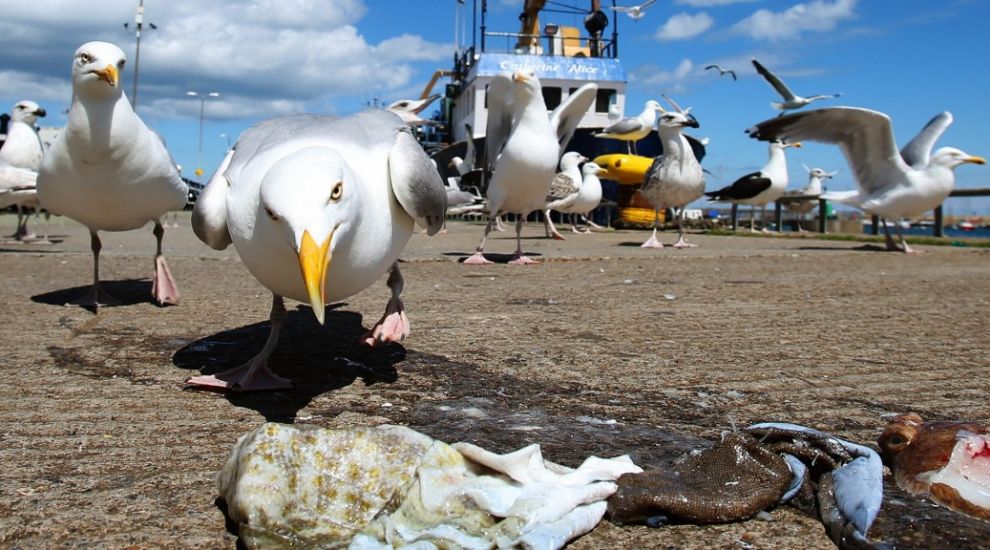
Seagulls and drones. Two things that have barely left the headlines in one way or another recently. And now they could go head-to-head, as one local councillor calls for anti-seagull drones to take to the skies.
Graham Roberts says tourists are being driven out of Whitehaven, Cumbria, by the birds and action needs to be taken.

He told the Carlisle-based News and Star newspaper: “People don’t want to sit outside for fear of being targeted by these seagulls. I’ve had to stand in a doorway to eat a sausage roll because the seagulls were being so aggressive.
“If drones are a cost-effective way to deal with the seagulls then they will be used.
“Drones are not our only option, we’re looking at a range of suggestions of which drones are one.”

He said the issue would be discussed at the next meeting of the borough council.
Recent reports of incidents involving gulls across the UK include attacks on a pet tortoise, dogs, a number of judges outside Swansea Crown Court, and a pensioner in Cornwall who was left with a gash on her head.
The northern French town of Tourville-sur-Mer is reportedly testing an anti-seagull drone that can spot nests and spray them with steriliser.

Copeland Borough Council, based in Whitehaven, is urging locals not to feed seagulls and not to drop food outside.
Julie Betteridge, director of customers and community services, said: “We realise seagulls, whilst a defining feature of any seaside town, do cause problems.
“Unfortunately the law makes it difficult to cull them as they’re a protected species. It is illegal to remove nests and eggs or to kill birds because they are disliked, considered noisy or thought to be damaging to property.

“One major thing the community can do to help is to eliminate the birds’ food sources. Don’t feed them and don’t drop food outside. Placing extra waste beside your wheelie bin can also attract them.
“We’d also ask anyone who can to come and ask for a wheeled bin rather than bags. They are much more effective at keeping the gulls out and where practical we will accommodate bins.
“As responsible property owners we try to make sure gulls do not nest on our buildings – and we would urge other property owners to do this too. Removing nests before eggs are laid or after the young have flown can help.

“Our staff can also advise building owners how to stop birds nesting there in the future. Spikes, mesh and other low-cost measures can be effective.
“We continue to survey and monitor breeding pair numbers and hope that, with a combination of the methods above, we can as a community control the problem.”